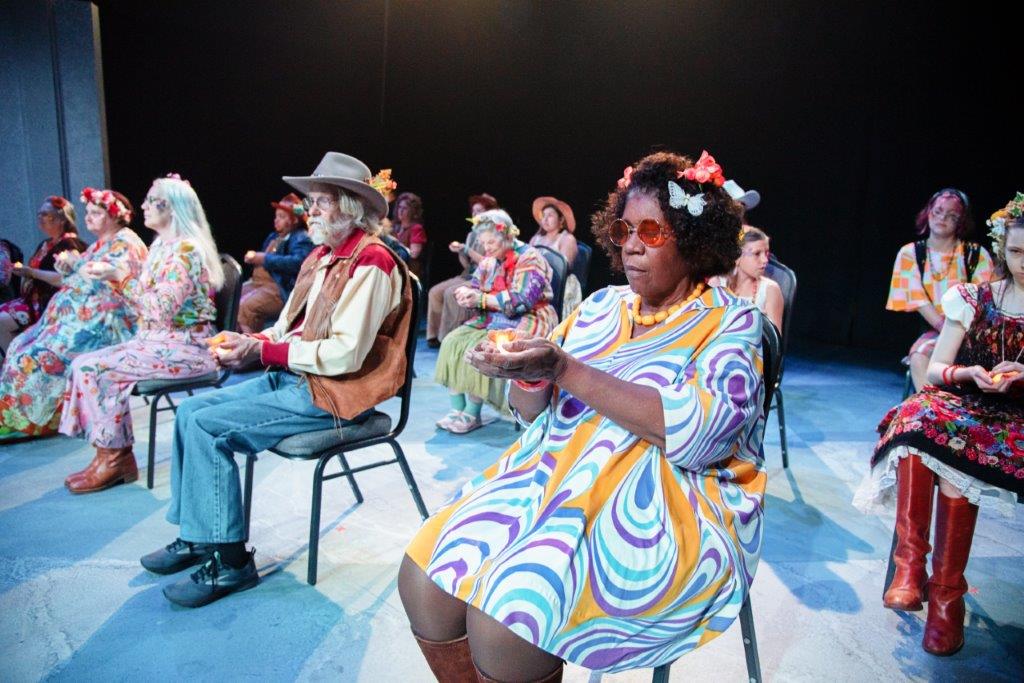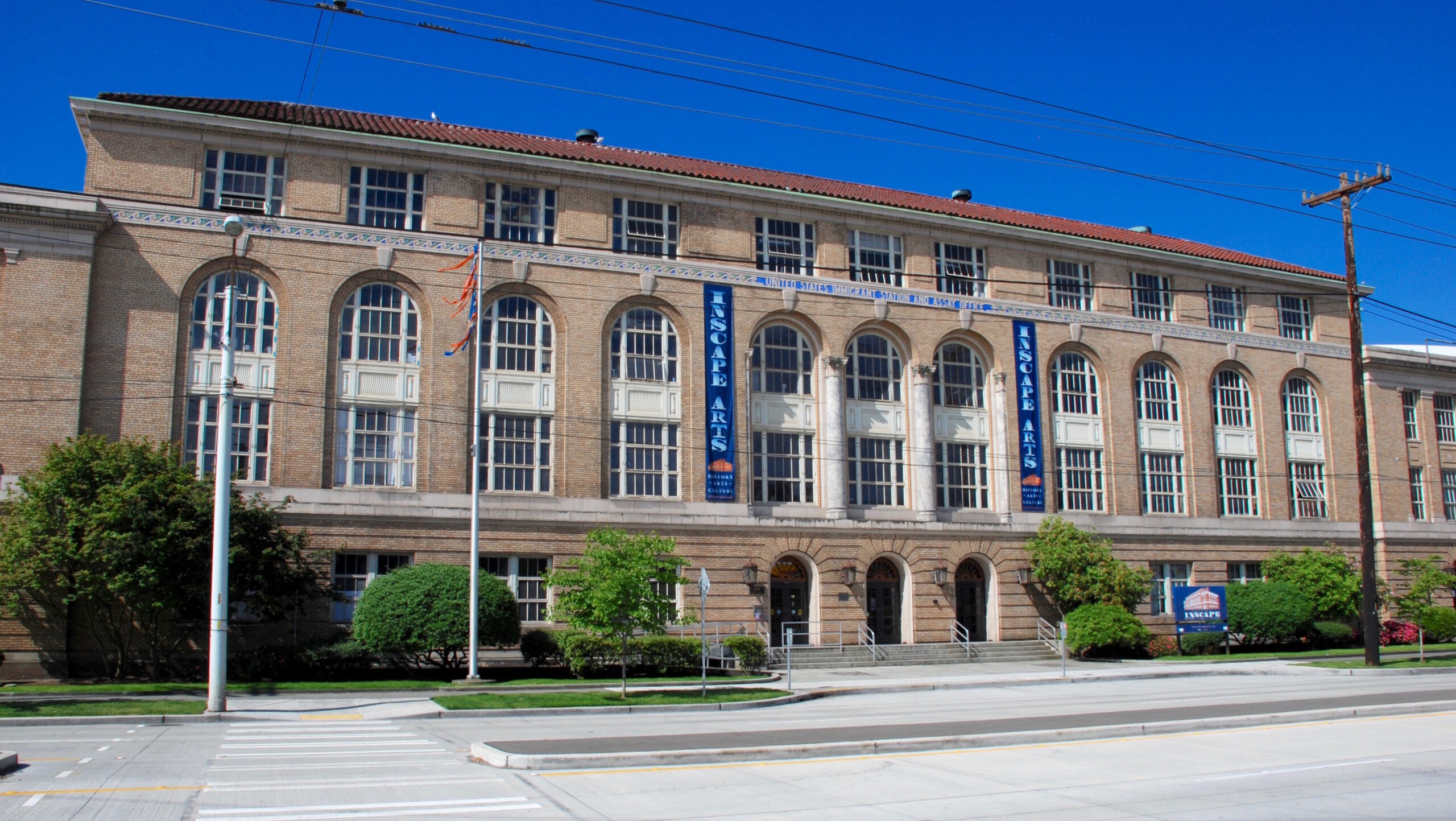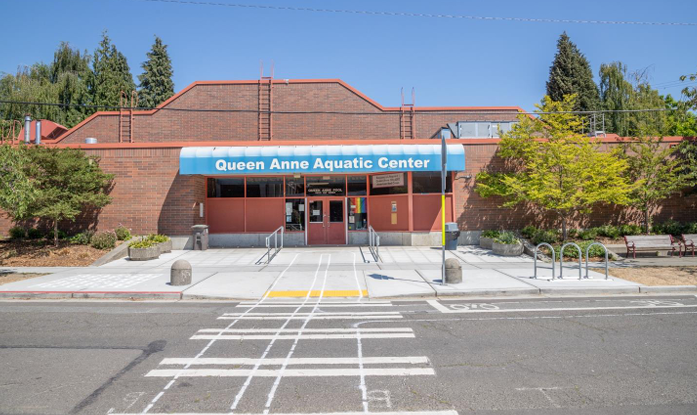
The Mayor and Seattle City Council recently announced the initial appointees selected to serve on the new Seattle Renters’ Commission. Created by Ordinance 125280 in March 2017, the 15-member commission will advise the City on priorities, policies, and strategies related to all issues concerning renters across the City of Seattle. It will also monitor and provide feedback on the enforcement and effectiveness of legislation related to renters and renter protections. All the appointments are subject to City Council confirmation.
Jessica Westgren
 Jessica Westgren has lived in Seattle for over ten years. She received her BS in Psychology from Long Island University and currently works as a paralegal at a local holistic law firm. She previously spent five years working in Property Management where she saw firsthand the effects of the Housing Crisis in Seattle, including displacement, homelessness and economic stress due to rental rate increases. Jessica is one of the founders of Welcoming Wallingford, a grassroots community group working towards positive discussions concerning density in her neighborhood. In her free time, she volunteers with Seattle Tilth, KEXP, and has helped work on the Tiny House Villages with the Low Income Housing Institute (LIHI). She has been a renter her entire life and has been engaging with the city at a variety of HALA community meetings and land use public hearings.
Jessica Westgren has lived in Seattle for over ten years. She received her BS in Psychology from Long Island University and currently works as a paralegal at a local holistic law firm. She previously spent five years working in Property Management where she saw firsthand the effects of the Housing Crisis in Seattle, including displacement, homelessness and economic stress due to rental rate increases. Jessica is one of the founders of Welcoming Wallingford, a grassroots community group working towards positive discussions concerning density in her neighborhood. In her free time, she volunteers with Seattle Tilth, KEXP, and has helped work on the Tiny House Villages with the Low Income Housing Institute (LIHI). She has been a renter her entire life and has been engaging with the city at a variety of HALA community meetings and land use public hearings.
What inspired you to serve on the Seattle Renters’ Commission?
I am inspired to serve on the Seattle Renters’ Commission (SRC) because over the last few years I have seen the city of Seattle enact great laws in favor of the renters’ community: Caps on Move-in fees & Deposits, Source of Income Protection, First-come First-served. Despite this progress, we are still facing an affordability crisis city-wide and I see a chance to enact real change through the SRC. Our city often takes initiative in unique ways and the first US renters’ commission has an opportunity to set an example for other urban areas to follow. My previous employment as a manager of an established apartment building in Seattle brought the affordability crisis beyond my personal life and into my office on a daily basis. I have seen how the environment for renters has changed in the last five years. I am no stranger to displacement within our communities. This is only one of many issues that renters in our city are facing. The Seattle Renters’ Commission is more than a volunteer position to me: It is a chance to enact real change in the city that I live in, and to have Seattle be within reach to people of all socioeconomic backgrounds.
How has your experience as a renter shaped your perspective of Seattle?
I have been a renter most of my childhood and all my adulthood. We lived in townhouses, stacked flats, single family homes and even a hotel. Having lived in New York and Massachusetts, I moved out here in 2007 to start a new life and escape the astronomical rents in both Boston and New York City. When I first moved to Seattle I could afford to live alone. Now, ten years later, I am in my mid-thirties and see rent rising and rising. I am unable to live alone even though I am better established professionally and have a higher wage. Having seen what happened back on the east coast, I see Seattle rapidly becoming similar to New York City, Boston, or any other dense east-coast metropolis. On the other hand, I see Seattle as still able to address the housing affordability crisis.
The City of Seattle makes me proud. Of all the places I have lived, Seattle has more protected classes, stricter Fair Housing Laws, and has been pursuing dynamic changes to legislation that have greatly added protections to our renters in the city. However, I see so many delays and arguments concerning Affordable Housing and where we should add density, that I also see us not acting fast enough. If Seattle allows those opposed to density to continually bring up lawsuits and objections to development, we will lose valuable time to develop the housing we so desperately need. Where I came from, I saw land use designations, neighborhood objections and neighborhood character arguments used to the point that some towns have affordable housing only available via lottery. As a renter, this is the worst-case scenario and I worry that Seattle will head that way soon enough if we do not enact change broadly and quickly.
What do you hope the Seattle Renters’ Commission will bring to the City?
I hope that the Seattle Renters’ Commission will bring a voice to one of our largest populations: renters. In addition, I hope that we will be able to address displacement and economic evictions. It is important to recognize that renters are also stakeholders within their communities. My biggest hope for the Seattle Renters’ Commission is that we are able to overcome the subconscious bias that is commonly held against the renter lifestyle. I hear a great deal of stereotypes about renters and I hope that, through community engagement, we are able to change the dialogue. We can be an agent of de-stigmatization, which will enable us to have more productive conversations about density and affordable housing. The goal is to foster conversations about density and affordability that are less-abrasive and more constructive as our city continues to grow.
What neighborhood do you live in and what do you love most about it?
My neighborhood is Wallingford. I live near the west edge and what I love most is that it is very easy for me to live a car-free lifestyle in this community. In Wallingford, I have access to grocery stores, local shops, greenspaces, and transit. I have buses that take me into the city or provide quick access to the Light Rail and Ballard. Woodland Park and Meridian Park are in walkable distance and a short bike ride gets me to both Green Lake and Gas Works Park. Wallingford embraces the arts and is covered in murals and neon signs, giving it a distinct charm.


